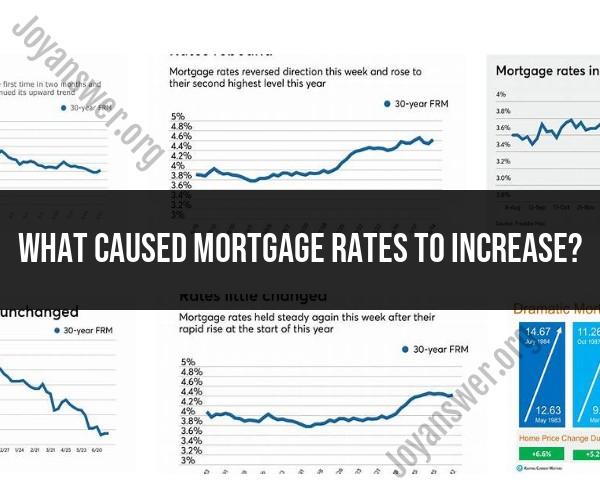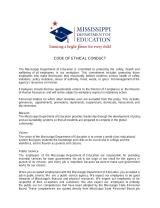What caused mortgage rates to increase?
Several factors can contribute to an increase in mortgage rates:
Economic Growth: When the economy is growing robustly, central banks may raise interest rates to prevent overheating and control inflation. Mortgage rates often follow suit because they are influenced by the benchmark interest rate set by the central bank.
Central Bank Policies: The decisions made by central banks, such as the Federal Reserve in the United States, have a significant impact on interest rates. When central banks raise the federal funds rate (the rate at which banks lend to each other), it can lead to higher mortgage rates.
Inflation Expectations: Inflation erodes the purchasing power of money over time. If inflation is expected to rise, lenders may demand higher interest rates to compensate for the reduced value of future payments. This can translate into higher mortgage rates.
Government Bond Yields: Mortgage rates are often tied to the yields on government bonds, particularly the 10-year Treasury note in the United States. When bond yields rise due to factors like increased government borrowing or inflation concerns, mortgage rates tend to follow suit.
Housing Market Conditions: Strong demand for homes and a limited supply of housing can put upward pressure on home prices. When home prices rise, lenders may charge higher interest rates to offset the increased risk of lending for more expensive properties.
Global Economic Factors: Mortgage rates can also be influenced by global economic conditions and geopolitical events. For example, international financial crises or political instability can lead to a flight to safety, driving down bond yields and mortgage rates.
Lender Profit Margins: Lenders adjust mortgage rates to maintain their profit margins. During periods of increased demand for mortgages, lenders may raise rates to take advantage of the higher volume.
Creditworthiness: Individual borrowers' credit profiles can affect the interest rates they are offered. Borrowers with stronger credit histories and lower risk profiles tend to qualify for lower mortgage rates.
Market Sentiment: Market sentiment and investor behavior can also impact rates. If investors become more risk-averse and seek safe assets like bonds, it can drive down yields and lead to lower mortgage rates.
Regulatory Changes: Government regulations and policies can influence lending practices and rates. For example, changes in lending regulations, such as those put in place after the 2008 financial crisis, can affect the availability and pricing of mortgage loans.
It's important to note that mortgage rates are influenced by a complex interplay of these and other factors. While economic and financial conditions play a major role, rates can also be influenced by supply and demand dynamics in the mortgage market itself.
Additionally, mortgage rates can vary by lender, so borrowers are encouraged to shop around and compare offers from multiple lenders to find the best mortgage rate for their individual circumstances.












